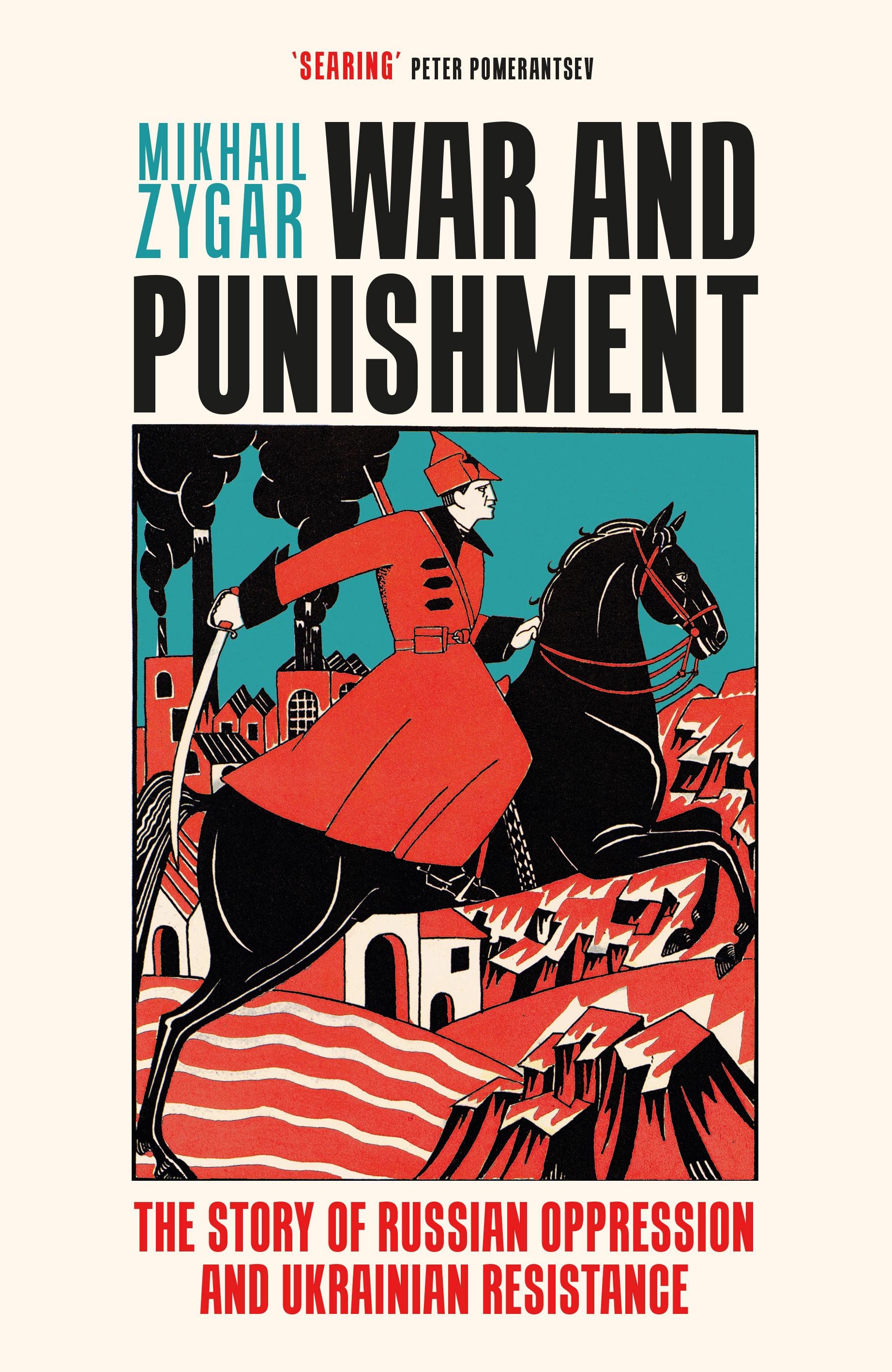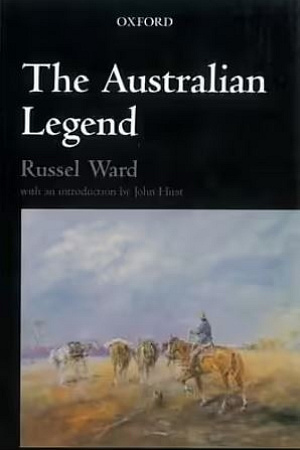War and Punishment: The story of Russian oppression and Ukrainian resistance
Weidenfeld & Nicolson, $34.99 pb, 428 pp
Russia's War Against Ukraine
Melbourne University Publishing, $32 pb, 216 pp
One Nation?

The political scientist Karl Deutsch once said that a nation is a group of people united by a mistaken view about the past. These two new accounts of the history of relations between Russia and Ukraine, and the nationalist distortions of that history, would seem to bear him out. Vladimir Putin’s historical arguments for the war against Ukraine are widely accepted by his fellow countrymen and women, prompting the Russian journalist Mikhail Zygar to argue, in War and Punishment, that this ‘imperialist’ history is ‘inherently addictive’ and ‘our disease’. But this is not a vice unique to Russians: the Australian historian Mark Edele points out, in Russia’s War Against Ukraine, that Ukrainian governments have also indulged in a ‘clumsy politics of memory’ by celebrating anti-Semitic, anti-Polish, and anti-Russian nationalists.
Nevertheless, in a crowded field, Putin stands out, having steeped himself in nationalist history to an extraordinary degree. When, in February 2022, President Emmanuel Macron flew to Moscow to try to dissuade him from invading Ukraine, he wound up on the receiving end of a five-hour history lecture. In his current book, Zygar, whose All the Kremlin’s Men (2017) was a study of the cohort surrounding the president, tells us that among the circle of associates Putin developed in the 1990s were the Soviet-era historians Aleksandr Fursenko and Valentin Kovalchuk. Soviet historiography stressed that the United States was a remorseless foe of Moscow and that Ukrainians were not a separate nation. The influence of these Cold War history warriors is a continuing one; Putin spent much of the Covid pandemic in isolation in a luxurious country retreat, closeted with one of Kovalchuk’s sons and wallowing in ‘anti-American conspiracy theory’.
Continue reading for only $10 per month. Subscribe and gain full access to Australian Book Review. Already a subscriber? Sign in. If you need assistance, feel free to contact us.












Leave a comment
If you are an ABR subscriber, you will need to sign in to post a comment.
If you have forgotten your sign in details, or if you receive an error message when trying to submit your comment, please email your comment (and the name of the article to which it relates) to ABR Comments. We will review your comment and, subject to approval, we will post it under your name.
Please note that all comments must be approved by ABR and comply with our Terms & Conditions.